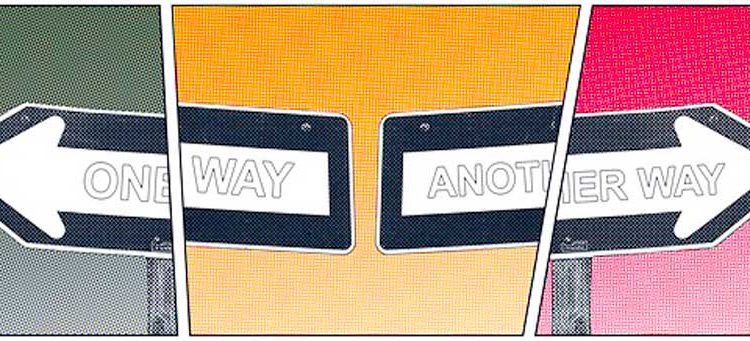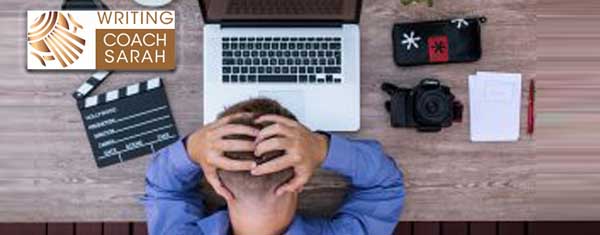When you complete your first draft and your substantive edit, the next step in the book writing process is the beta review process. What is a beta review? This process involves having a number of people read your manuscript in its draft form. At which point they provide the author and editor with very specific feedback on what worked and what did not work in the manuscript. In short, as I tell my authors, the beta readers find the holes that we can longer see. Preparing for the Beta Review To begin this process, I ask my author to choose …
The Beta Review Process








